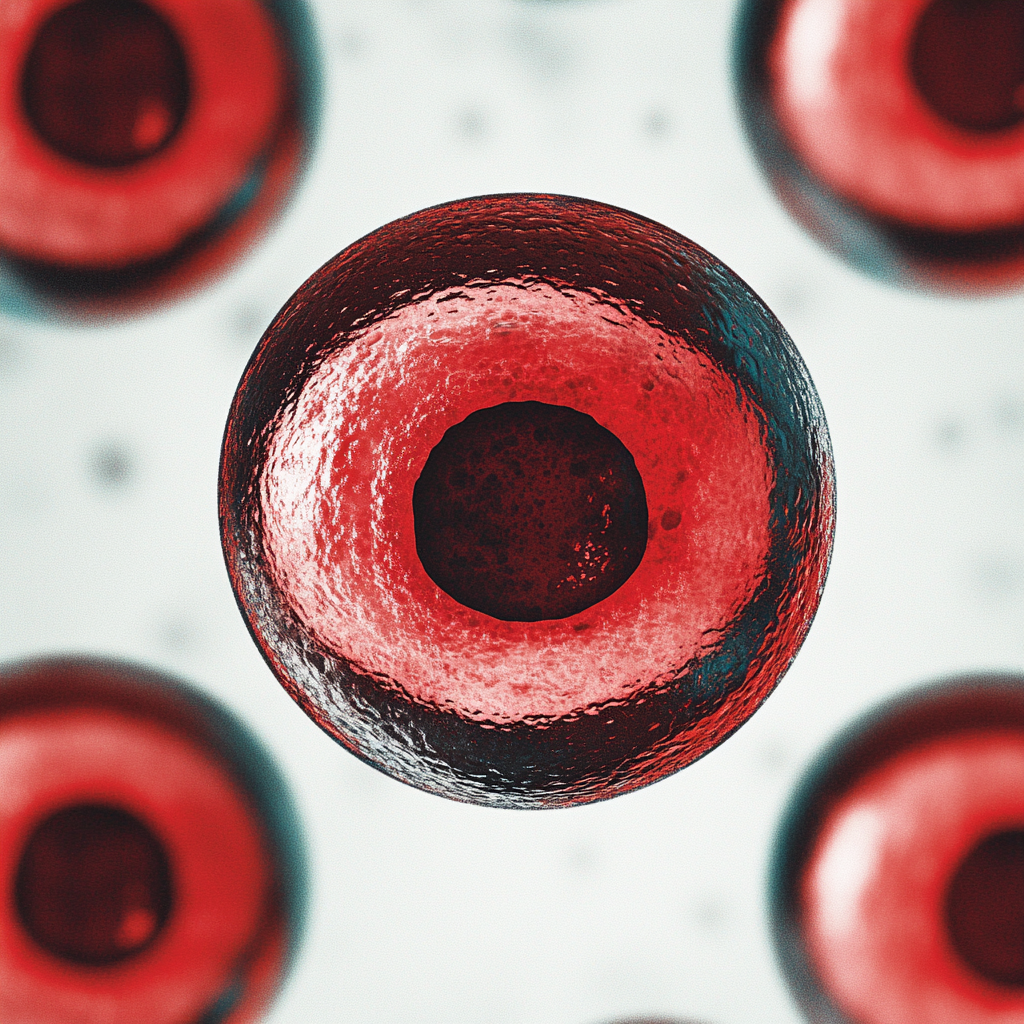Med Sci Monit. 2025 Apr 23;31:e947088. doi: 10.12659/MSM.947088.
ABSTRACT
BACKGROUND This study assessed the effects of buccal acupuncture on perioperative analgesia and serum inflammatory factors in patients undergoing laparoscopic gynecological surgery. MATERIAL AND METHODS Eighty patients who underwent elective laparoscopic gynecological surgery were selected and randomly allocated to the control and buccal acupuncture groups, with 40 patients in each group. Hemodynamic indices and dosages of propofol, remifentanil, sufentanil, and vasoactive drugs used during the surgery were recorded. We collected the Ramsay sedation score (RSS) and visual analog scale (VAS) scores of the patients at T4. Magnetic-sensitive immunoassay kits were used to measure plasma IL-6, SAA, CRP, and PCT concentrations in the venous blood at T0, T3, and T5. RESULTS The average dosage of sufentanil in the control group was significantly higher than that in the buccal acupuncture group (P<0.05). There were no statistically significant differences in the dosages of remifentanil and propofol or in the usage rates of urapidil, phenylephrine, atropine, and metoprolol between the 2 groups (all P>0.05). Furthermore, there were no statistically significant differences in SBP, DBP, HR, and MAP at T0-T5 (all P>0.05). There were no statistically significant differences in IL-6, SAA, CRP, or PCT levels at T0, T3, or T5 (all P>0.05). At T4, the RSS and VAS pain scores were similar (all P>0.05). CONCLUSIONS Buccal acupuncture therapy for laparoscopic gynecological surgery can reduce the dosage of sufentanil and does not aggravate fluctuations in hemodynamic indices, inflammatory responses, or the incidence of adverse reactions. This has practical clinical significance in reducing the burden on patients.
PMID:40263917 | DOI:10.12659/MSM.947088
